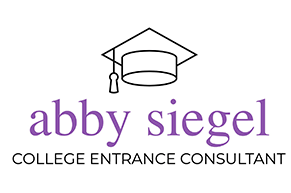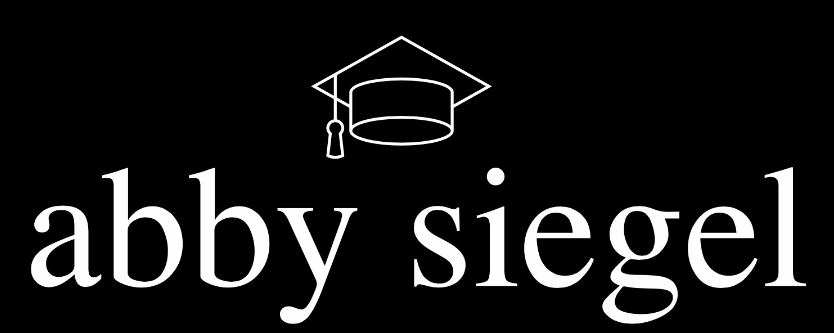ED 1 vs ED 2 and EA: The ABCs of College Application Deadlines
Understanding the various application deadlines and strategies is pivotal for prospective college students when navigating the college admissions process. Early Decision 1 (ED1), Early Decision 2 (ED2), and Early Action (EA) are popular options, each with unique benefits and considerations. As your college consultant, I highlight the differences between these early application options, their competitive edge, and the policy restrictions you should know.
Understanding Early Decision (ED1 vs ED2)
Early Decision (ED) is a binding admission program, meaning that when you are admitted under ED, you are committed to enrolling in that college and must withdraw other college applications. ED1 typically has a deadline in November, while ED2 applications are due later, often in January.
Application Strategy:
- ED1: Applying ED1 signals your absolute first-choice commitment to a particular college. Applying through ED1 can be a compelling way to demonstrate your enthusiasm and dedication, making you a more attractive candidate.
- ED2: ED2, also a binding agreement, is an excellent option if you miss the ED1 deadline or need additional time to consider your financial needs prior to applying. It lets you keep your options open until early in the new year.
Competitive Edge:
- ED1: ED1 applicants typically have a competitive edge in admissions, as they demonstrate a high level of interest and commitment. Admission rates can be higher for ED1 candidates.
- ED2: While ED2 applicants may have a slightly lower acceptance rate than ED1 candidates, they still have a competitive advantage over Regular Decision applicants.
Policy Restrictions:
- Being aware of the policy restrictions when applying Early Decision is vital. As Early Decision 1 and Early Decision 2 are binding, when you apply through these options, you are committing too attending an institution should you be accepted.
Understanding Early Action (EA)
Early Action (EA) is non-binding, allowing you to apply early and receive an admission decision in advance without committing to the college.
Application Strategy:
- EA is ideal if you have colleges you're interested in but aren't ready to make a binding commitment yet. You can apply to multiple EA colleges and compare offers.
Competitive Edge:
- While EA applicants do not necessarily have as strong a commitment signal as ED applicants, they still have a competitive edge compared to Regular Decision applicants. Admissions officers appreciate the enthusiasm of EA candidates.
Policy Restrictions:
- Be aware of colleges with restrictive EA policies. Some colleges have restrictive or single-choice Early Action, so you can't apply to other private colleges' early admission programs.
Conclusion
Understanding the differences between ED1, ED2, and EA is a determining factor in creating a successful college application strategy. Each option has benefits and considerations; your choice should align with your circumstances and preferences. As a college consultant, I help you make informed decisions and navigate the admissions process effectively.
Remember, the right application strategy can give you a competitive edge, so carefully consider your options and choose the one that best suits your goals and aspirations. If you have any questions or need further guidance, reach out. Your college journey is a unique and exciting adventure, and I'm here to help you make the most of it.
Ready to take the next step in your college application journey? Contact me today for a
personalized consultation. Together, we'll map out the best application strategy for your unique goals and aspirations. Let's make your college dreams a reality!






